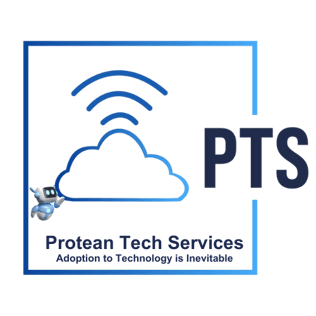"No Coding Knowledge is required,We will Train you to MASTER the skills !!! "
Software Testing
Software Testing Training for Corporate,Business, Students, and Academics
Introduction
In the realm of software development, the discipline of Automation Testing stands as a crucial pillar to ensure software quality, reduce time-to-market, and enhance efficiency. Software testing training is designed to cater to both industry professionals seeking to enhance their skills and students who are studying the field. The training covers a wide range of topics to ensure participants gain a comprehensive understanding of software testing principles, techniques, and tools. Below are the key components typically provided in software testing training for both industry professionals and students:




Corporate Business
Software Automation Testing:
Unit Testing: Focused on testing individual components or functions of the software in isolation.
Functional Testing: Validating that the software's functions work as intended, often using tools like Selenium and Appium. Integration Testing: Ensuring the smooth interaction between different modules or components of the software.
Performance Testing: Assessing software performance under various conditions, like load, stress, and scalability testing.
Security Testing: Detecting vulnerabilities and potential security risks in the software.
Key Automation Testing Software Tools:
Selenium: Widely used for web application testing, Selenium supports multiple programming languages and offers robust test automation capabilities.
Appium: A popular choice for mobile application testing across different platforms and devices.
JUnit and TestNG: Frameworks for Java-based testing, aiding in test execution, reporting, and managing test cases.
Jenkins: A continuous integration tool that automates the build and deployment processes, integrating well with testing frameworks.
Academics
Proficiency in Automation Testing holds promising career prospects:
· Industry Demand: As businesses embrace digitization, the demand for skilled Automation Testers continues to rise.
· Skill Diversification: Automation Testing offers the opportunity to work across various domains and industries, thanks to its widespread applicability.
· Innovation: Emerging technologies like AI and machine learning impact testing practices, opening avenues for innovation.
· Leadership Roles: Automation Testing experts can ascend to leadership roles, guiding testing strategies and mentoring junior team members.
· In essence, Automation Testing transcends mere quality assurance; it is a catalyst for software excellence and career advancement. As technology evolves, the role of Automation Testing remains indispensable, shaping the future of software development and offering a richly rewarding career path for professionals and students willing to embrace its potential.


70% Hands ON and 30% Theory
1:1 Weekly Mock Preparation
Technical Interview Preparation
Resume Preparation
Internship Certificate
Course Completion Certificate
Guidance for Domain Certification
Industry Projects
Weekly Assignments
Delivery of the Projects
Job Readiness


